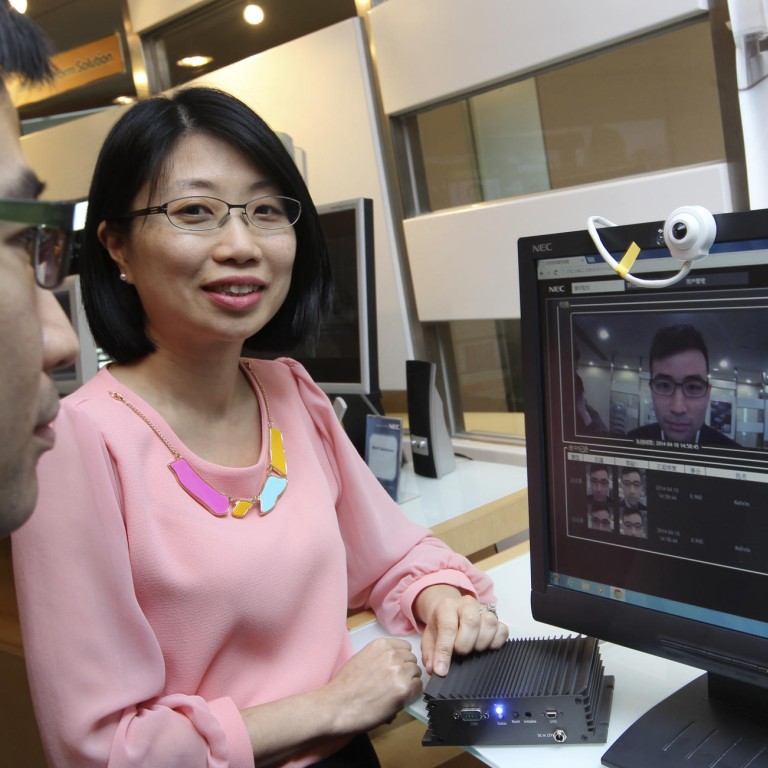
Macau casinos, major Hong Kong companies look at facial recognition
New mobile system aims to let workers know who you are as soon as you enter
Casinos in Macau and major companies in Hong Kong are looking to upgrade their face-recognition surveillance systems, making it easier for staff to know a customer's age, gender and spending habits the moment they walk in the door.
But the company behind the technology has refused to reveal basic details about the biometric system - such as how much it costs or how it works - raising concerns about potential privacy breaches and mistaken identity, also known as false positives.
"If I'm constantly getting mistaken for Bob when I'm Adam, or Alice when I'm Barbara, then that may be very annoying and off-putting," said information ethics expert Professor Andrew Adams from Tokyo's Meiji University.
"Then there's the problem of this technology being used in the attempt to identify criminals, including terrorists, which again can have massive problems with false positives."
Such systems use measurable features of a person's face to identify them. Last week, Japanese tech firm NEC launched a new mobile version of its face-recognition platform in Hong Kong which, it claims, is faster and more accurate. Hong Kong is the first market to offer the small palm-sized black box that connects to an existing CCTV system.
NEC's Hong Kong managing director, Elsa Wong Yuk-kuen, branded the device a "secret" for retailers to deliver better customer service.
Kelvin Chan Wai-kei, senior manager of NEC's global security division, was in Macau on Friday trying to convince casinos to buy the box. He said five Macau firms and five Hong Kong companies - ranging from small businesses to multinationals - were interested. "The reaction has been positive," Chan said.
The use of biometrics has grown significantly in recent years in everything from immigration checkpoints to Facebook's photo-verification software, which can identify a person from a photograph at near human-level accuracy.
But customers could find it "creepy" if staff greeted them by name without some prior history, making them worry rather than putting them at ease, Adams said.
He said casinos had long used face-recognition systems to identify "known or suspected grifters of many stripes such as card counters, cheats etc".
